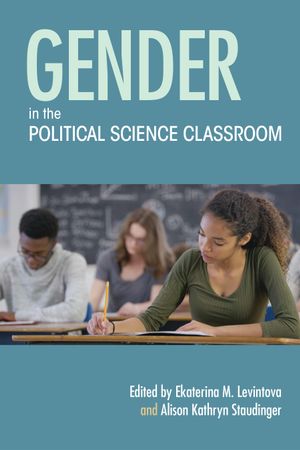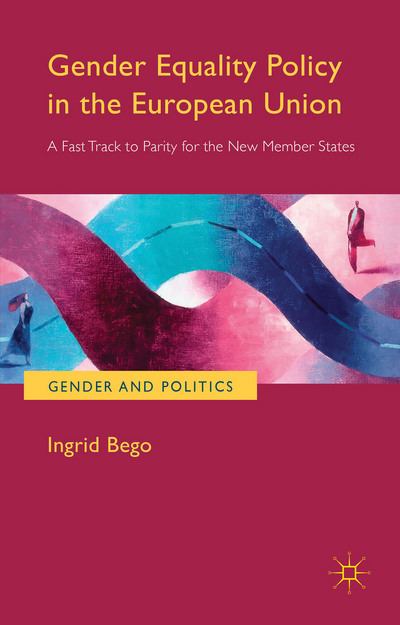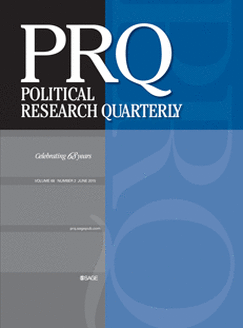My Research Agenda
My research is driven by empirical timely events. My main interests lay at the intersection of comparative democratization and Europeanization literature. I seek to understand these two different transformational processes and their effects on public policy and political representation. As more regions of the world are affected by regime transition as well as by pressure coming from international organizations, I aim to shed light on the domestic opportunity structures that are created when sweeping transformations take place. I focus on both formal and informal institutions to uncover the potential causal mechanisms contributing to policy success and improving political representation. More specifically, I analyze gender equality policy and women’s political representation in post-communist Europe.
|
My interest in the Scholarship of Teaching and Learning (SoTL) led me to collaborate with a group of colleagues from various institutions across the United States on an edited volume entitled Gender in the Political Science Classroom, which was published in July of 2018 by Indiana University Press. The book looks at the roles gender plays in teaching and learning in the traditionally male-dominated field of political science. The volume offers a balance between the theoretical and the practical, and includes discussions of issues such as curriculum, class participation, service learning, doctoral dissertations, and professional placements. My chapter entitled “Gendering the Political Science Classroom while Mainstreaming Gender in the Discipline: Understanding the Barriers and Exploring Solutions,” presents the state of the discipline in gendering the classroom, analyzing national survey data, as well as qualitative data presented in the Task Force Report prepared for the American Political Science Association in 2011.
|
Published in July 2015 |
|
|
“Accessing Power in New Democracies: Women’s Path of Least Resistance in Postcommunist Europe.” Political Research Quarterly, 2014, Vol. 67(2) 347–360.
This article seeks to improve our understanding of how women are gaining access to political power in third wave democracies. I extend the study of factors that affect the supply of and demand for female cabinet ministers from Latin America to Central and Eastern Europe, analyzing twelve new democracies from 1992 to 2008. I find that a high percentage of women’s enrollment in higher education correlates not only with the high percentage of women appointed to ministerial positions but also with a higher rate of appointments to prestigious posts. |



